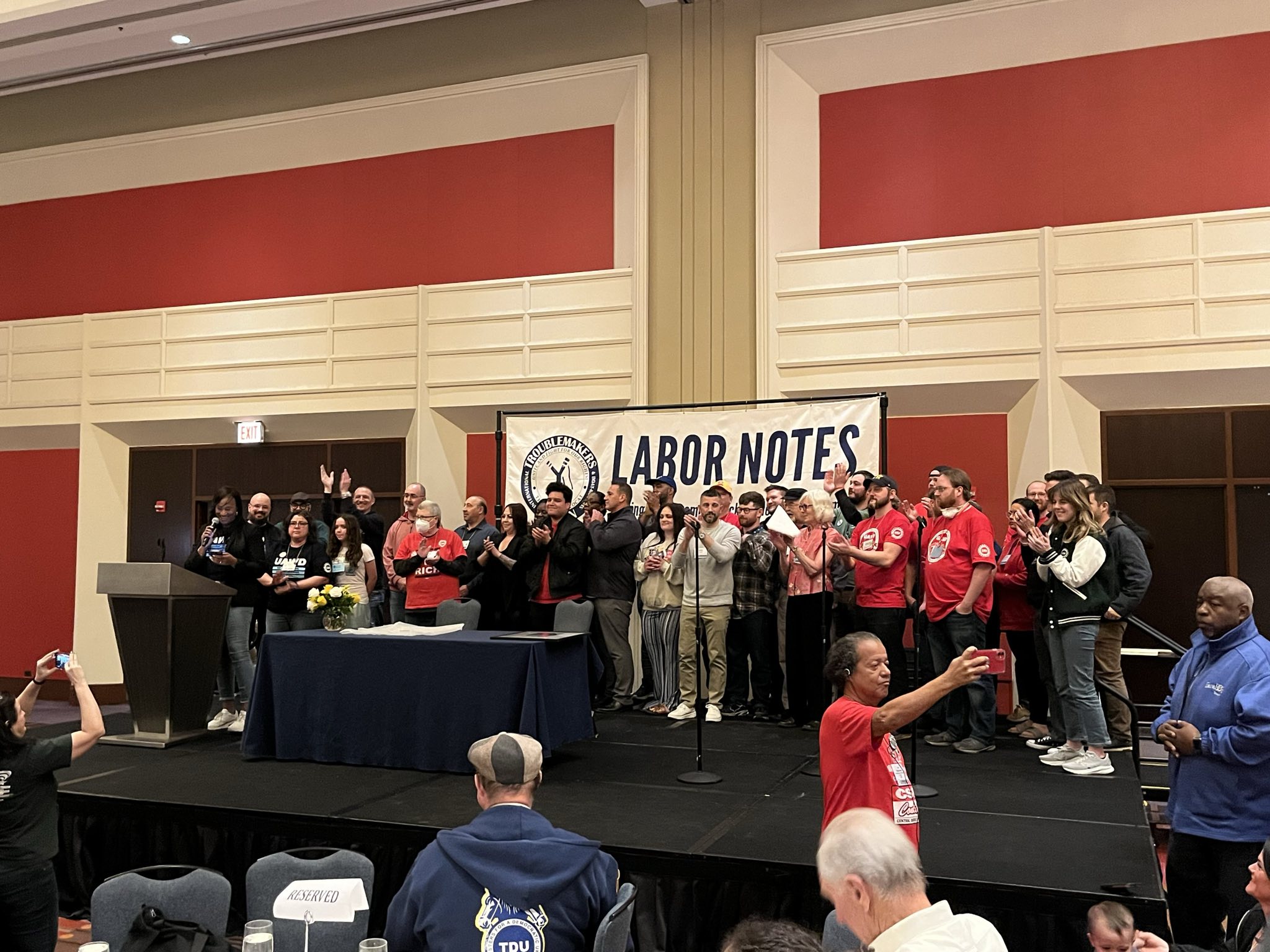It’s a strange time for the U.S. Left. At first glance its opposition would appear to be in shambles, at least to judge from the recent Republican primary campaign, where a procession of clowns trip over one another to espouse the most radically ridiculous—and scary—position. The self-referential dynamic of campaign discourse has led the Republican Party to veer further from mainstream opinion on a host of issues and continually threatens to marginalize it to a shrinking demographic of rich and rural white people.
However, this same clown-car party holds 31 of 50 governorships and both houses of the U.S. Congress. Thanks to its aggressive efforts to gerrymander districts and restrict voter rights, the Republican Party stands to dominate the House of Representatives for the foreseeable future. Thanks to the Supreme Court’s Citizens United decision and the growing dominance of big money in elections (best exemplified by the Koch Brothers), the Right remains within a fractional swing of getting one of its out-of-step clowns elected to the White House.
Back on the Left, the apparent contradictions are no less acute. The Democratic Party has won the popular vote in five of the past six presidential elections but finds itself unable or unwilling to establish a programmatic alternative to ongoing neoliberal austerity. The Democrats are still better than their opposition in some areas—particularly surrounding social policy and the defense of certain redistributive programs—but in others (foreign policy, dependence on corporate funding) they are merely a little less bad. More broadly, the party finds itself enthrall to the dysfunction and malaise that grips Washington politics.
Outside of the Democratic machine, however, there is some reason for optimism. In Occupy Wall Street and now Black Lives Matter we see two of the most system-jarring and potentially influential social movement expressions in a generation. Simultaneously, the ongoing presidential campaign of independent and self-described democratic socialist Senator Bernie Sanders has placed economic inequality on the mainstream agenda and generated huge amounts of enthusiasm in doing so.
Less high profile but no less important, we are witnessing a series of left electoral campaigns that together may represent an incipient challenge to the Democratic establishment. This study by Brooklyn-based writer Ethan Young analyzes these challenges and explains how they fit into the broader context of the current, strange political landscape. A socialist in Seattle; Black nationalists in Jackson and Newark; insurgent mayoral campaigns in the hearts of American empire, Chicago and New York; various stripes of electoral coalitions and policy initiatives from West to East Coast—and in between—which in different ways seek to challenge politics as usual. What chance do they have? You’ll have to read to find out.



